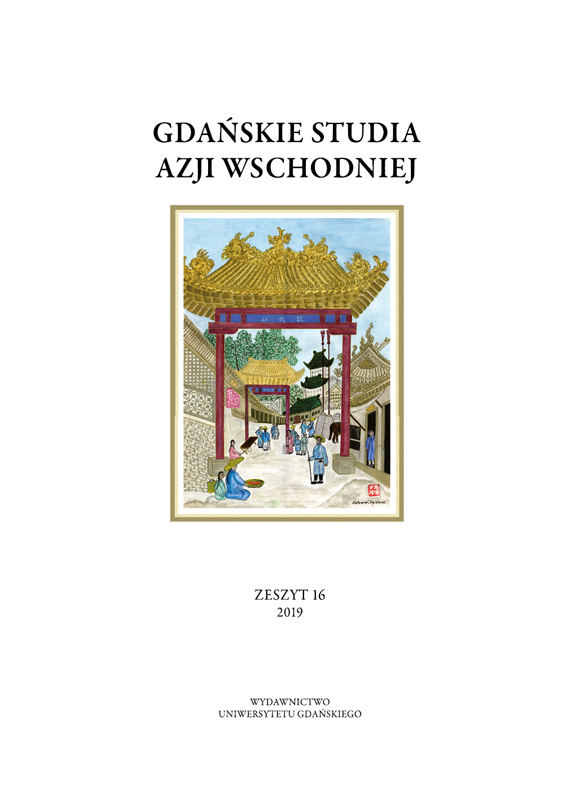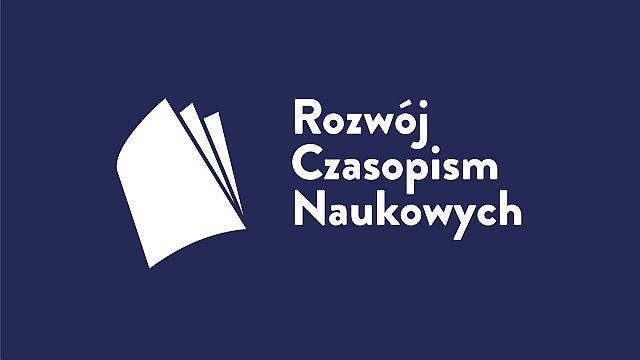Między teorią a praktyką: kierunki polityki zagranicznej Indonezji w XXI wieku oraz jej pozycja w stosunkach międzynarodowych z perspektywy koncepcji państw średniej rangi
Abstrakt
The aim of this paper is to provide a description and an analysis of Indonesian foreign policy in the twenty-first century as a middle power in international relations. While middle powers are a relevant part of scholarly discourse in the study of international relations, there is considerable confusion as to how to define such states. Because of that, the role theory in international relations has been adopted in an analysis of the foreign policy of Indonesia, which is one of the most dynamically developing states in the world. According to this approach, the six main roles of Indonesia in contemporary international relations can be outlined: its role as a regional leader in Southeast Asia, as a promoter of democracy, as a voice of developing states, as a ‘stabiliser’ within the international system, as a “good international citizen,” and as a state supporting multilateral processes. Those roles can be realized on three levels: the subregional, the regional, and the global.

 Uniwersyteckie Czasopisma Naukowe
Uniwersyteckie Czasopisma Naukowe





